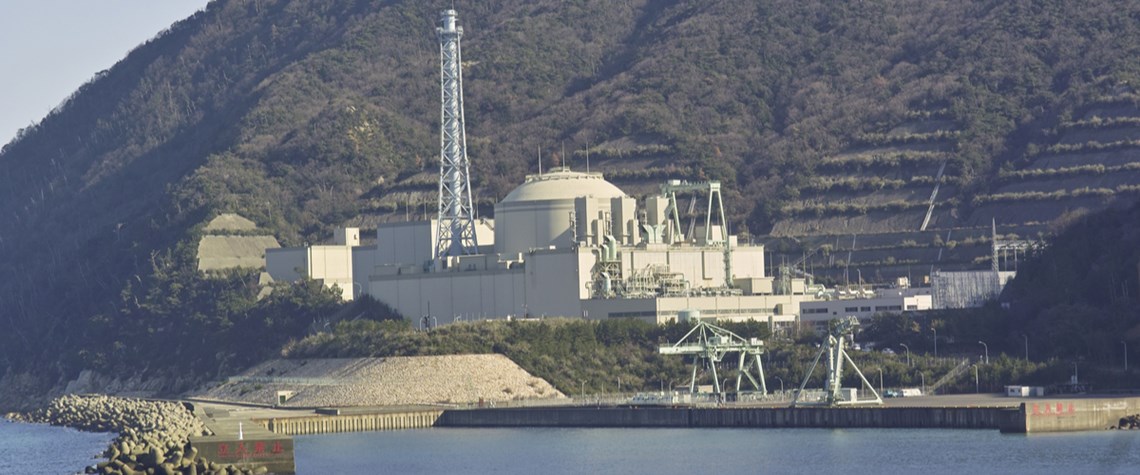Fukushima still looms over energy decisions
Japan ignores strategic low-carbon energy options and risks muddling through by adding more coal
The surprise resignation of Japanese prime minister Shinzo Abe due to illness, just over a year before elections scheduled for October 2021, creates possible inflection points for a policy overhaul in a country dogged by energy insecurity. Yet Japan’s conservative and self-reinforcing political culture, in which getting along is more important than strategic vision, means we are likely to see more of the same. Japan’s ruling Liberal Democratic Party (LDP) will choose a successor to Abe on 14 September, with chief cabinet secretary Yoshihide Suga favoured to take over and therefore likely be in power until the elections. If Suga is able to provide a sense of continuity with Abe's tenure, it w

Also in this section
26 February 2026
OPEC, upstream investors and refiners all face strategic shifts now the Asian behemoth is no longer the main engine of global oil demand growth
25 February 2026
Tech giants rather than oil majors could soon upend hydrocarbon markets, starting with North America
25 February 2026
Capex is concentrated in gas processing and LNG in the US, while in Canada the reverse is true
25 February 2026
The surge in demand for fuel and petrochemical products in Asia has led to significant expansion in refining and petrochemicals capacities, with India and China leading the way







